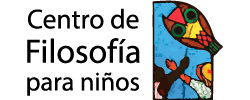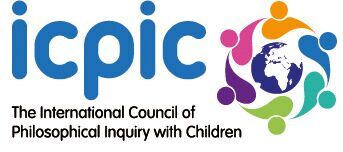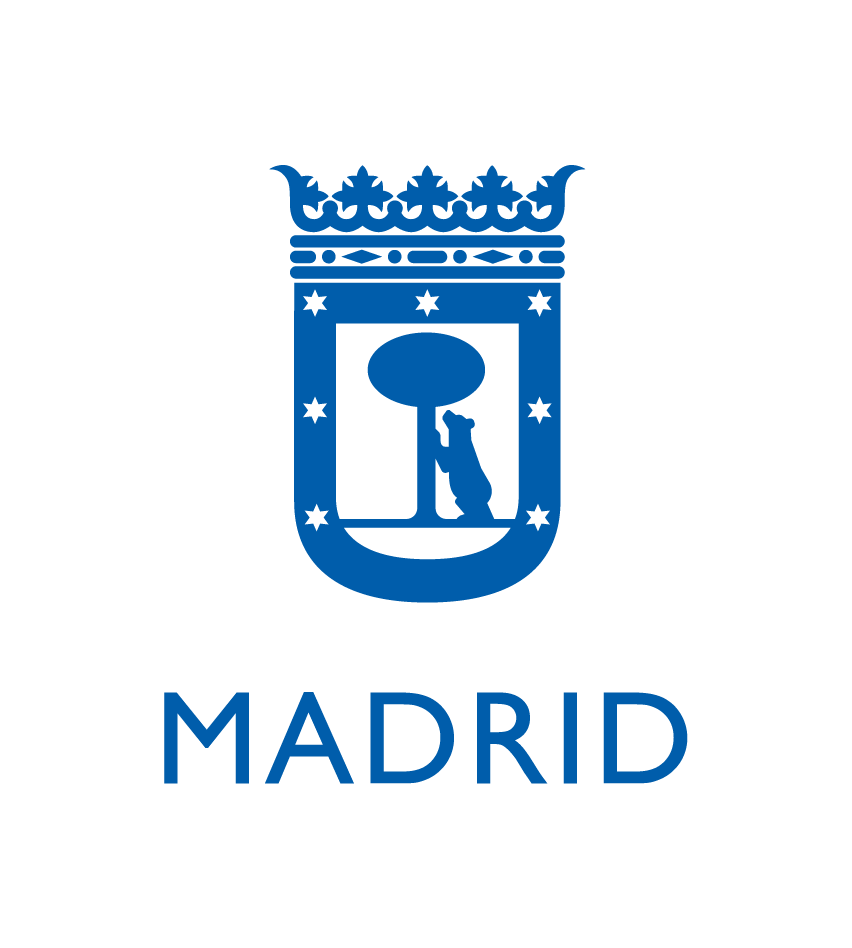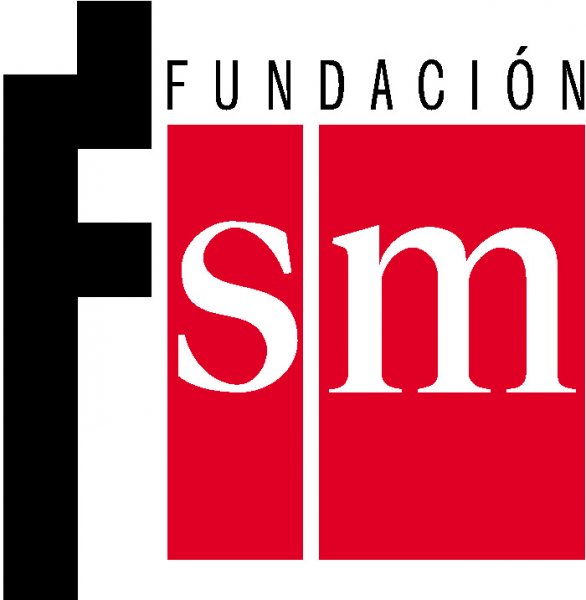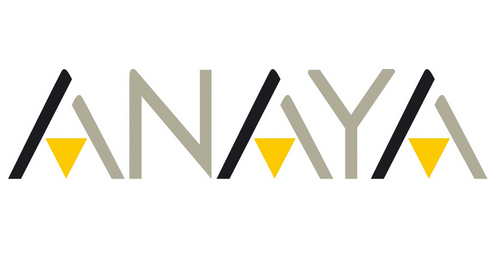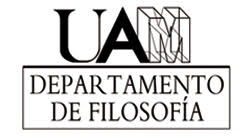Welcome Message
Karin Murris, President
On behalf of the ICPIC Executive committee I would like to welcome you to the website of the 18th biennial ICPIC conference in Madrid. This is the second time an ICPIC Conference is being held in Spain by the same conference organiser. We are therefore confident that this event will again offer rich educational and philosophical experiences through presentations and dialogues, formal as well as non formal and informal, with a diverse and international company of scholars, academics and practitioners. The aim of the conference is for all those interested in enquiry-based learning and critical thinking to experience and theorise about philosophy with children (P4C) and its community of philosophical enquiry pedagogy in all phases of formal and informal education. The particular focus of this conference will be on the diversity in the P4C field; our commonalities and differences with the aim of exploring these with criticality, but with mutual respect and a generous attitude. It will be a great pleasure and honour to meet you at the conference, either as presenter or delegate. I would like to finish by thanking profusely Professor Félix García Moriyón and the conference committee for their dedication and loyal commitment to P4C for so many years. I know we are in for a wonderful conference in June 2017, so ¡hasta luego! in Madrid. Professor Karin Murris The conference aims at offering an open discussion covering all the different approaches to the implementation of the community of philosophical inquiry in formal, non-formal and informal education. Moreover, we would also like to invite those with other educational approaches that, while working outside the wide framework of Philosophy for/with Children, to contribute ideas to the practice of philosophical dialogue in different subjects. After nearly 50 years of engaging children, adolescents and adults in a community of philosophical inquiry in different (formal, non-formal and informal) educational settings, a wide variety of methods and styles have been used that share some common features and a family resemblance. We have decided to organize these different manifestations into seven basic categories Different practices have emerged from the initial approach developed by Lipman, Sharp and their colleagues at the IAPC. A while ago, some began to speak of orthodox and heterodox practices, implying the possible existence of a methodological canon - something that has been adamantly denied by others. Still other colleagues have distinguished between a first and second generation. We prefer to put these distinctions aside while remaining aware of them, choosing instead to focus on what we share and being sensitive to innovation and difference. With this in mind, one of the goals of the ICPIC Conference will be to open the meeting to different approaches that, although working from a distinct theoretical and practical background and/or a specific tradition, are related to P4C through their common interest in the development of high order, multidimensional or complex thinking (critical, creative and caring...). We want to open a conversation focused on the adequacy of these other models of thinking development and philosophical practice, looking at their possible convergence with Philosophy for Children. The Western philosophical tradition (understood in a broad terms) has been commonly used as the philosophical underpinning of P4C. Socrates, along with American pragmatism (Mead, Peirce and Dewey) played an important role in the work done by the original IAPC team. Over time, however, other philosophical schools or tendencies, such as postmodernism, hermeneutics or feminist philosophy have been applied. Keeping in mind that philosophy can reflect on any aspect of human life, foci on specific subject areas have emerged. Some of them have become quite important - cosmopolitanism and multiculturalism, feminism, ecology, mathematics and science, democracy, emotional education, etc. The P4/withC project was originally designed to address the problems of children’s cognitive and affective growth in formal education. It was received with a mix of skepticism about children’s abilities and enthusiasm over what seemed to be truly innovative proposal. Within a number of years, the practice of doing philosophy in a community of inquiry was being implemented in many different educational environments, at a variety of age levels. The way of doing philosophy in each of those environments (cafes, counseling, with street children, summer camps, art museums, as extracurricular activities, etc.) has developed in its own way, yet all share some common ideas about philosophy and its role in today's world. When the program started in the United States, it chose to undertake rigorous and systematic evaluations in order to verify the impact that philosophical practice had on the growth of children. Much more research has been done since then, using quantitative, qualitative and mixed methodologies without ever neglecting the assumptions and philosophical foundations of the evaluation. Some researchers have focused on cognitive growth, others on affective dimensions, or on a combination of both. Some people are very critical of this and prefer not to do educational or psychological research. We often say that Philosophy for/with Children has a clear social and political commitment, in line with an old educational tradition that links education with democracy, understood as a set of personal values and as a type of society based on those values. How we understand “democracy” and the link between philosophical practice and politics is open to discussion, and different approaches are possible. At the beginning of the IAPC project, building an entire curriculum had high priority, given that a basic tool was needed to convince teachers to implement philosophical dialogue in their teaching, as well as to guide them in the difficult task of facilitating a philosophical dialogue. Since then, other curricula have been put together in different places around the world. Moreover, there are many more didactic resources that are not part of any curriculum, nor do they intend to be. Do we need a curriculum? If the answer is yes, what are the basic requirements of that curriculum? If not, what are we offering to teachers and students?
President of ICPIC
School of Education
University of Cape Town
karin.murris@uct.ac.za / www.mindboggles.org.za
Philosophical Inquiry with Children Coming of Age: Family resemblances
The topic of the conference:
1. Methodology
2. Philosophical background
3. Different topics
4. Different environments
5. Different models of evaluation
6. Political dimension of the program
7. The curriculum







